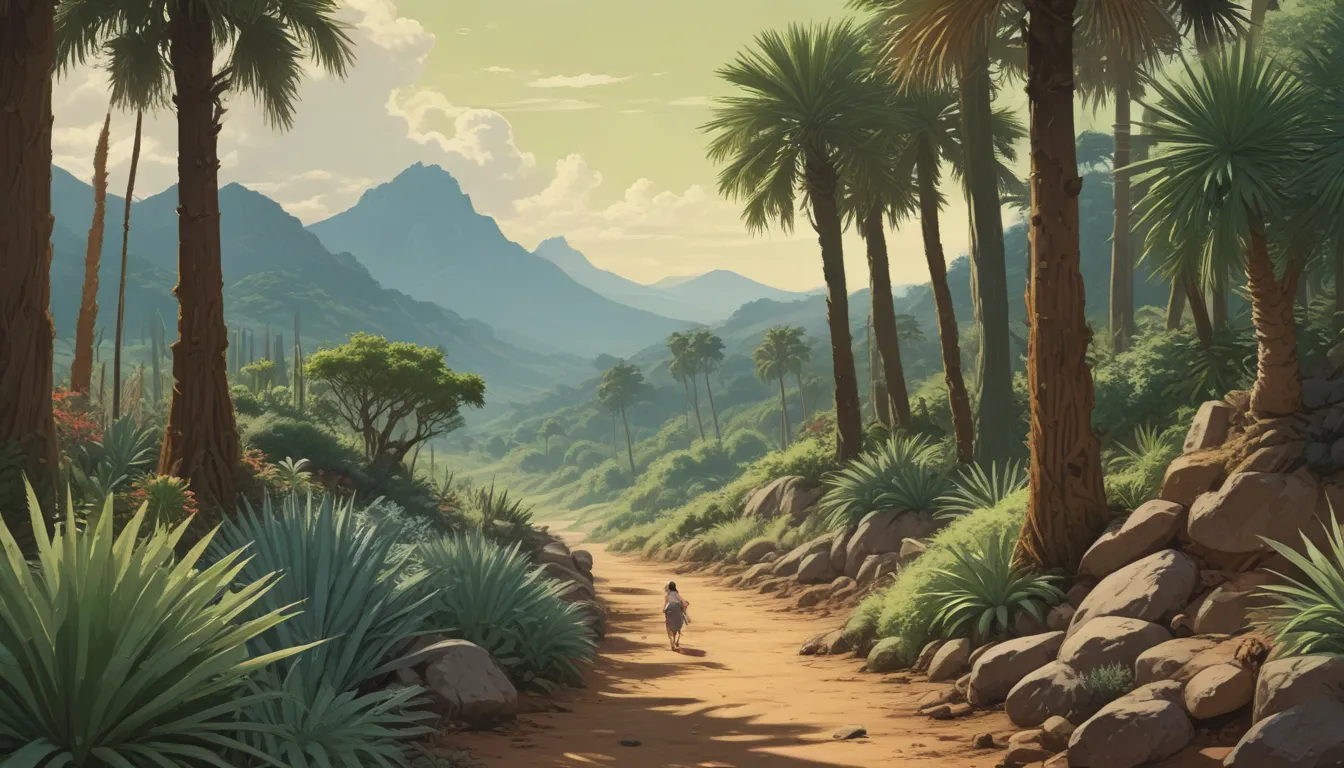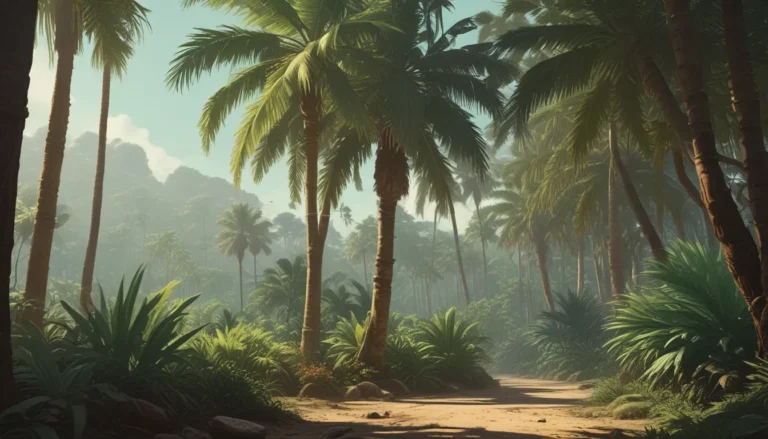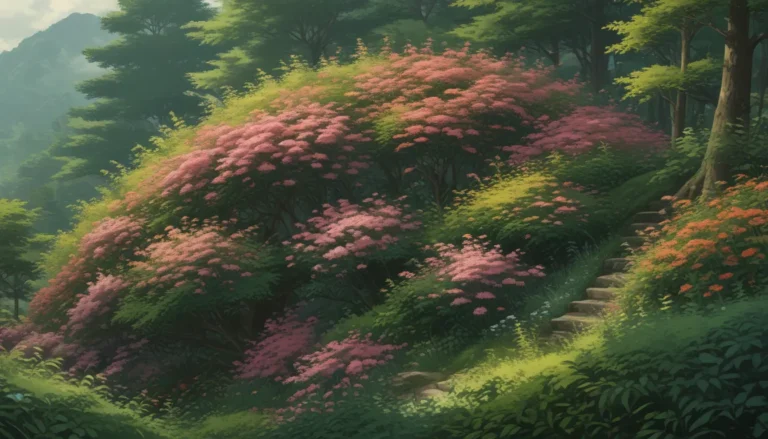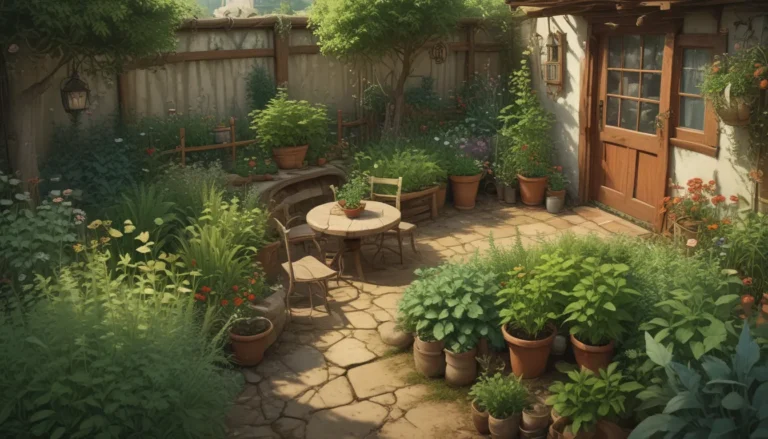Exploring the World of Yucca Varieties

If you’re searching for a tough and versatile succulent to add to your garden, look no further than the wide world of yucca plants. These unique species, originating from the Americas, offer a range of sizes, shapes, and features that make them suitable for various landscapes.
Yuccas are known for their distinctive whorls of sword-like leaves and tall panicles of creamy bell-shaped flowers that bloom in spring. These sturdy plants have been used by native peoples for multiple purposes, including as a natural soap and for medicinal treatments for skin ailments like poison ivy.
The Marvels of Yuccas
Yuccas’ endurance in harsh environments makes them an excellent choice for gardens with dry and sandy soils. While some species prefer humid conditions, the majority thrive in arid climates with well-draining soil.
These plants have been historically utilized in a myriad of ways, from making soap to creating ropes and baskets. Their edible flowers and versatile leaves make them both decorative and functional additions to any garden.
A Variety of Yucca Species to Explore
Explore a selection of 28 fascinating yucca varieties, ranging from towering tree-like species to smaller, more compact options:
- Adam’s Needle: A resilient species popular for its ornamental value, native to the southeastern United States. Hardy in USDA Zones 4 to 10, it produces pale flowers in spring.
- Aloe Yucca: A stunning Gulf Coast native with creamy white flowers, suitable for sandy coastal soils. Hardy in Zones 6 to 11, it’s a great option for a hedge plant.
- Arkansas Yucca: Thriving in arid environments, this species from Arkansas and Missouri features two-foot long leathery leaves. Hardy in Zones 6 to 9, it’s a hardy option for dry conditions.
- Banana Yucca: Named for its fruit, this species is excellent for soap making and prefers sandy soils. Hardy in Zones 4 to 9, it tolerates various soil types.
- Beaked Yucca: Beloved for its drought tolerance, this species features long, soft leaves and thrives in hot climates. Hardy in Zones 7 to 11, it’s a striking addition to arid landscapes.
These yucca varieties showcase the diversity within the genus, offering something for every gardener’s unique requirements and preferences.
Growing Yuccas in Your Garden
When selecting a yucca species for your garden, consider factors like hardiness zones, soil type, and sunlight requirements. Yuccas generally prefer nutrient-poor, sandy soils with excellent drainage to thrive.
To ensure your yuccas flourish, provide them with plentiful sunlight, minimal watering, and proper site selection. Whether you’re planting them in garden beds, rock gardens, or containers, these resilient plants can bring a touch of rugged beauty to your landscape.
Remember, yuccas add texture, structure, and visual interest to gardens where other plants struggle to grow. By following their specific care needs and recognizing their diverse characteristics, you can successfully cultivate these durable succulents in various environments.
How have you incorporated yuccas into your garden? Share your experiences with these fascinating plants in the comments below and discover more about their cultivation and care in our related articles.





